
Sarcopenia: Why do we lose muscle and how to fix it?
![]()
Sarcopenia is the progressive loss of muscle mass, strength, and function as we age. It can begin as early as age 30, but becomes more noticeable after 50—and if not addressed, it can severely impact mobility, independence, and overall quality of life.
But the good news? Sarcopenia is not inevitable. With the right lifestyle choices, it can be slowed—and in many cases, even reversed.
⚠️ Why Does Sarcopenia Happen?
Sarcopenia is caused by a combination of physiological and lifestyle factors:
-
🔻 Decreased Physical Activity: Especially a lack of strength or resistance training
-
🥩 Low Protein Intake: Muscles need amino acids to repair and grow
-
⚖️ Hormonal Changes: Declining testosterone, estrogen, and growth hormone with age
-
🔥 Chronic Inflammation & Oxidative Stress: Common in aging and poor diet
-
🛋️ Sedentary Lifestyle & Illness: Long periods of inactivity (hospital stays, bed rest, etc.) accelerate muscle wasting
🍽️ Foods That Support Muscle Health
To protect and rebuild muscle, nutrition plays a vital role—particularly protein intake, anti-inflammatory foods, and key vitamins and minerals.
✅ Protein-Rich Foods – the building blocks of muscle
-
Lean meats: Chicken, turkey, lean beef
-
Fish & seafood: Salmon, tuna, sardines
-
Eggs: Whole eggs and egg whites
-
Dairy: Greek yogurt, cottage cheese, milk
-
Plant proteins: Tofu, tempeh, lentils, chickpeas, quinoa, edamame
🧮 Daily Target: 1.2–1.5 grams of protein per kilogram of body weight
(Example: A 70 kg adult should aim for 84–105 grams of protein daily)
🐟 Omega-3 Fatty Acids – reduce inflammation and support recovery
-
Fatty fish (salmon, mackerel, sardines)
-
Chia seeds, flaxseeds, walnuts
💊 Bonus Tip: Omega-3 supplements (EPA & DHA) have been shown to enhance muscle protein synthesis in older adults.
☀️ Vitamin D & Calcium – essential for muscle contraction and bone strength
-
Fatty fish, eggs, fortified milk or plant-based alternatives
-
Leafy greens (spinach, kale, bok choy), almonds, tofu
🔬 Many older adults are deficient in vitamin D, which can worsen muscle weakness. Ask your doctor to check your levels.
🍇 Antioxidant-Rich Foods – fight oxidative stress and muscle cell damage
-
Berries (blueberries, strawberries, raspberries)
-
Oranges and citrus fruits
-
Tomatoes, spinach, bell peppers, broccoli
🌾 Whole Grains – fuel for sustained energy during workouts
-
Oats, brown rice, quinoa, barley
-
Whole grain breads and cereals
🥗 Eating tip: Combine protein and carbs in each meal for better energy and muscle repair.
🚫 Foods to Avoid (They Harm Muscle Health)
-
Highly processed foods: Chips, frozen meals, fast food
-
Sugary snacks & drinks: Fuel inflammation, lead to insulin resistance
-
Excess alcohol: Impairs protein metabolism and hormone levels
-
Refined carbs: White bread, pastries, sugary cereals
-
Too much sodium: Can lead to fluid imbalance and bloating
🏋️♂️ Exercise Strategies to Reverse Sarcopenia
🏋️♀️ 1. Strength Training (3–4x per week)
Use resistance to challenge your muscles:
-
Free weights, resistance bands, or machines
-
Bodyweight exercises: Squats, push-ups, lunges, planks
-
Focus on all major muscle groups: Legs, back, arms, core
🔁 Use progressive overload: Gradually increase weight, reps, or intensity to continue building muscle.
🤸 2. Balance & Flexibility Workouts (2–3x per week)

Helps prevent falls, improves coordination, and strengthens stabilizing muscles:
-
Yoga
-
Tai Chi
-
Pilates
🏃♂️ 3. Cardiovascular Exercise (2–3x per week)
Supports overall health, circulation, and stamina:
-
Brisk walking
-
Swimming
-
Cycling
💓 Aim for at least 150 minutes of moderate-intensity cardio per week.
😴 Why Sleep Is Critical for Muscle Health
Less than 7 hours of sleep per night? Your body (and muscles) will feel the impact.
💤 1. Poor Muscle Recovery
-
During deep sleep, your body releases growth hormone, essential for muscle repair and rebuilding
-
Inadequate sleep = slower recovery, less protein synthesis, and higher risk of muscle loss
🧠 2. Cognitive Decline
-
Lack of sleep affects memory, concentration, coordination, and reaction time
-
This can increase fall risk and reduce your workout performance
🧬 3. Hormonal Imbalance
-
Poor sleep raises cortisol (stress hormone) and lowers testosterone and growth hormone
-
This can lead to muscle breakdown, increased belly fat, and fatigue
🍽️ 4. Increased Hunger & Weight Gain
-
Sleep deprivation disrupts leptin and ghrelin, hormones that regulate appetite
-
You’ll crave high-sugar and high-fat foods, increasing risk of insulin resistance and weight gain
🦠 5. Weakened Immune System
-
Less sleep = fewer antibodies and a slower healing process
-
You’re more prone to illness and slower recovery from workouts
⏱️ Ideal Sleep Duration
-
Adults: 7–9 hours of quality sleep per night
-
Deep, uninterrupted sleep is even more important than total hours
🌙 Tips for Better Sleep and Muscle Recovery
-
🕒 Keep a regular sleep-wake schedule—even on weekends
-
📵 Avoid screens, caffeine, or large meals 1–2 hours before bed
-
❄️ Keep your bedroom cool, dark, and quiet
-
🧘 Wind down with meditation, light stretching, warm baths, or reading
-
🚴♀️ Exercise regularly—but avoid intense workouts right before bed
🔄 Summary: Your Anti-Sarcopenia Action Plan
✅ Do This:
-
Eat high-protein, anti-inflammatory meals every 3–4 hours
-
Incorporate strength training, balance work, and cardio weekly
-
Get 7–9 hours of sleep nightly
-
Monitor hormone and vitamin D levels with regular checkups
-
Stay hydrated and avoid processed, sugary, or inflammatory foods
🚫 Avoid This:
-
Sedentary lifestyle
-
Skipping meals or skimping on protein
-
Poor sleep hygiene
-
Relying on quick fixes or highly processed foods
🧠 Final Thought
Sarcopenia is not just a part of aging—it’s a condition you can fight.
By combining smart nutrition, regular exercise, proper rest, and lifestyle adjustments, you can maintain strength, stay mobile, and enjoy a healthier, more active life well into your later years.
News in the same category


The Silent Threat: Recognizing Early Signs of Kidney Disease and Lifestyle Prevention

Baking Soda (Bicarbonate of Soda): Uses and Benefits (Science Based)

Benefits of Walking: Why Walking is One of the Best Forms of Exercise 🚶♀️
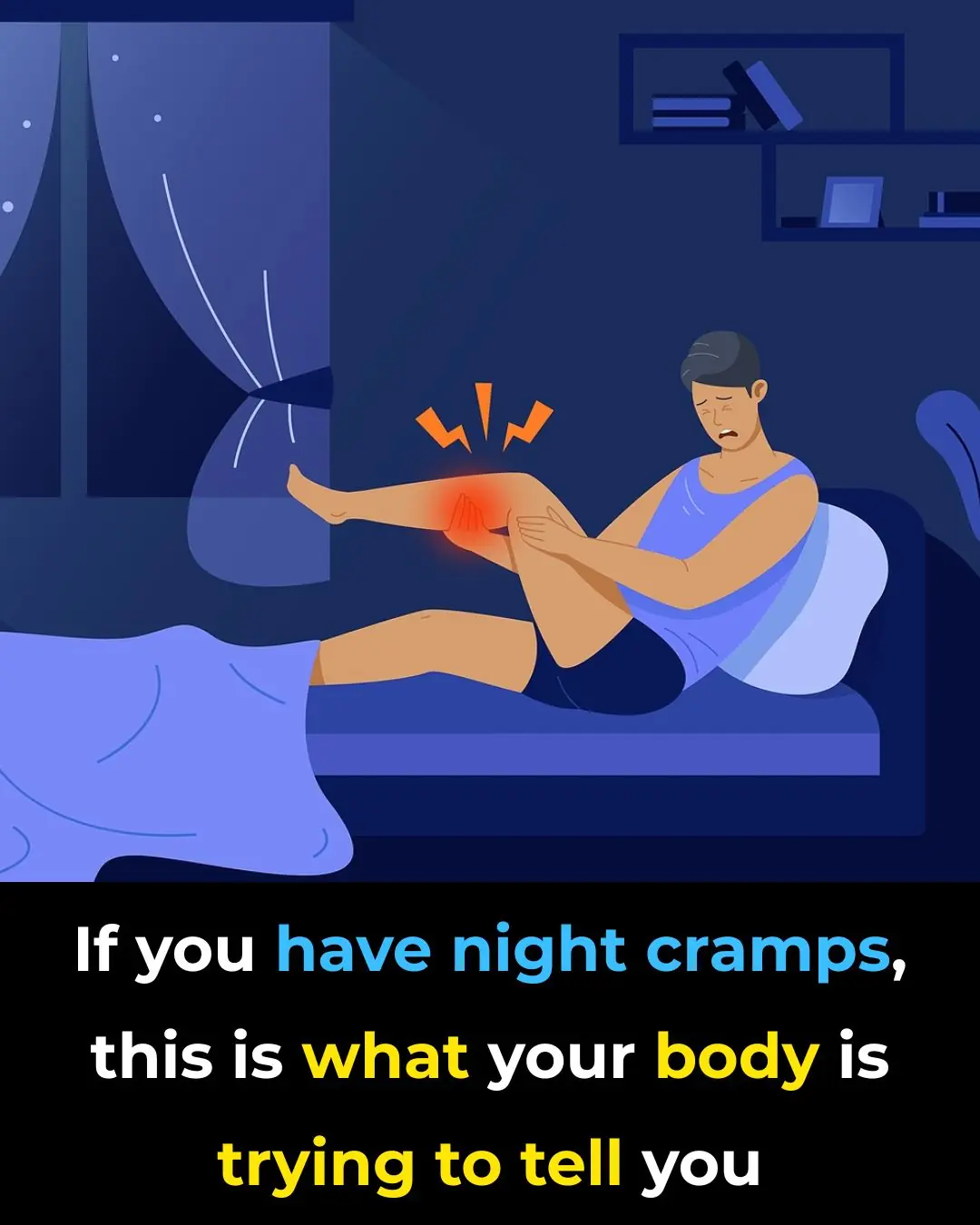
If you have leg cramps at night, it means you have..

Top 11 Nutrients To Destroy Cancer Stem Cells

Thinking of drinking baking soda? Read this first for the truth!

Forget aspirin—this everyday fruit can help protect you from stroke and heart attack

8 Sh0cking Toilet Clues That Could Signal Canc3r: Don’t Ignore Them!
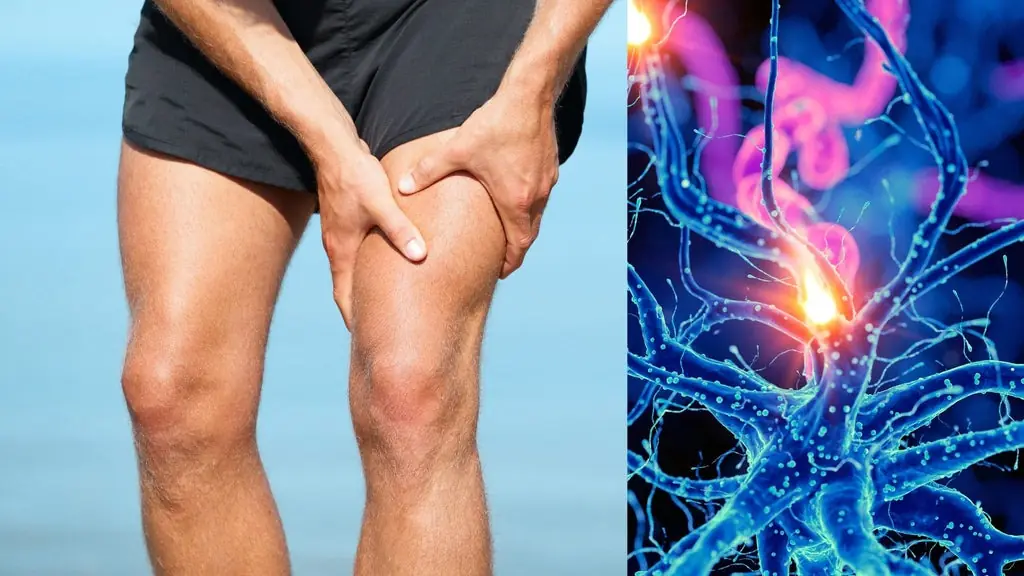
14 Warning Signs Your Body Is Running Low on Magnesium and How to Get It
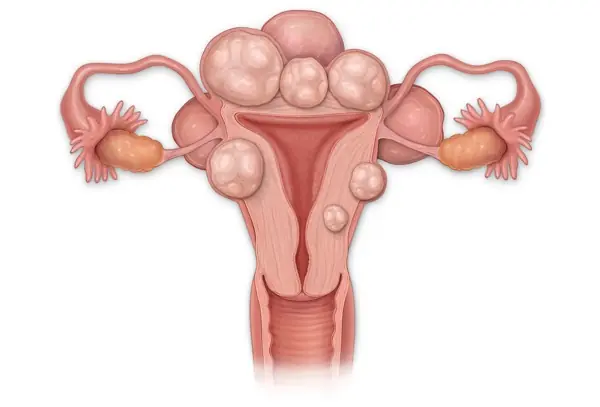
7 Early Signs of Uterine Fibroids Too Many Women Ignore
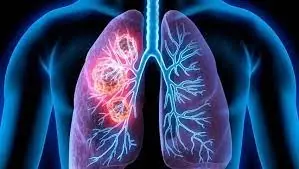
7 Early Signs and Symptoms of Lung Cancer You Should Never Ignore
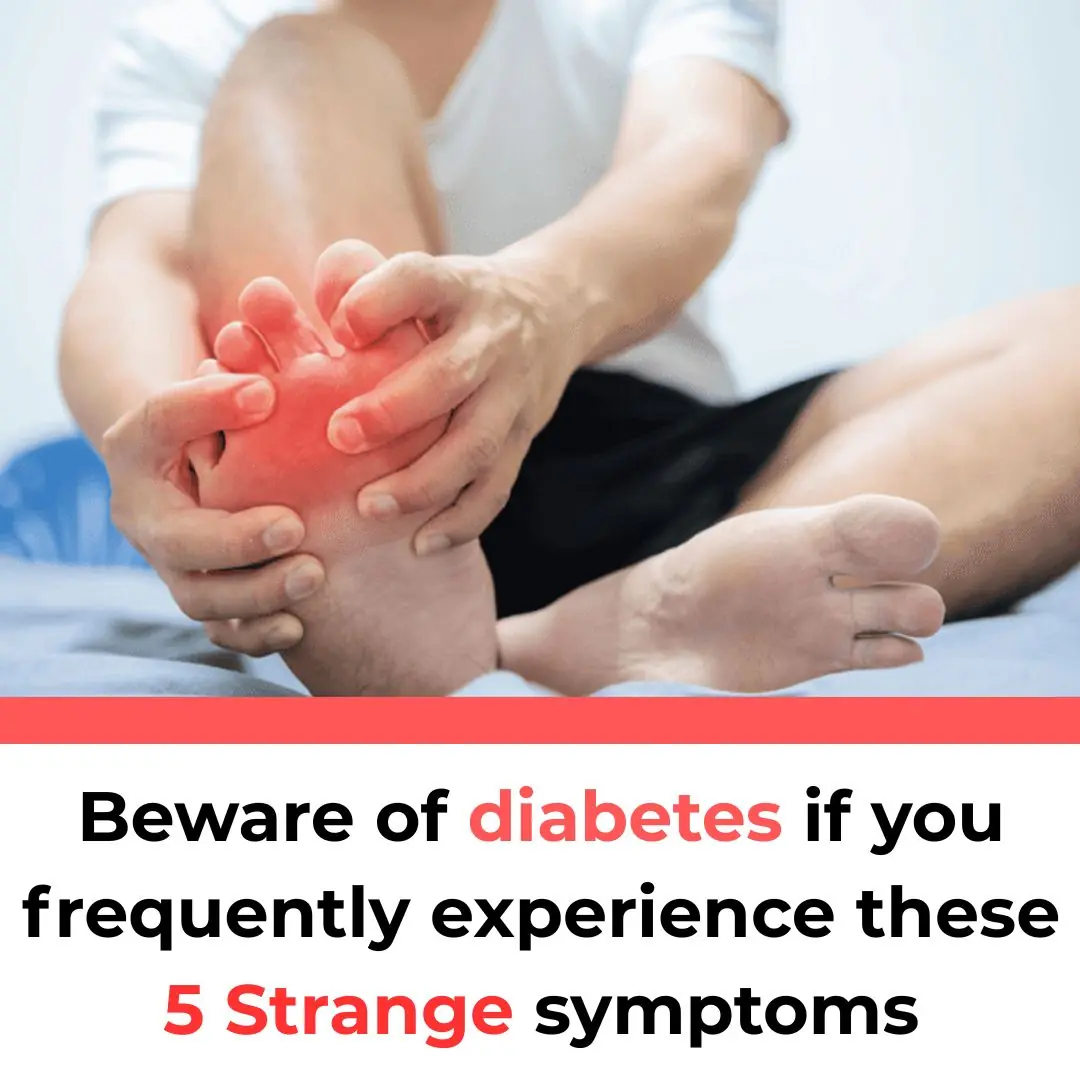
High Blood Sugar Warning Signs

Eat 2 Eggs Every Morning and Feel These Powerful Health Effects Take Over Your Body

Avocado Power: The Scientifically Proven Health Benefits of the Fruit (and the Seed!)

One Vitamin That Could Transform Your Circulation: Niacin (Vitamin B3)

Body Suddenly Jerks While You’re Falling Asleep? This Is What It Means

pH Balance and Your Health: Signs of Acidosis and How to Alkalize

Pineapple And Turmeric Drink Reverses Cancer-Causing Inflammation And Even Beats The Common Cold!
News Post

Pineapple Water: A Refreshing Drink That Supports Your Health

The Silent Threat: Recognizing Early Signs of Kidney Disease and Lifestyle Prevention

A Heartwarming Encounter: A Child’s Innocence and the Power of Love.

The Stranger Who Stopped: How One Man’s Compassion Saved a Life on a Busy Georgia Road

Baking Soda (Bicarbonate of Soda): Uses and Benefits (Science Based)
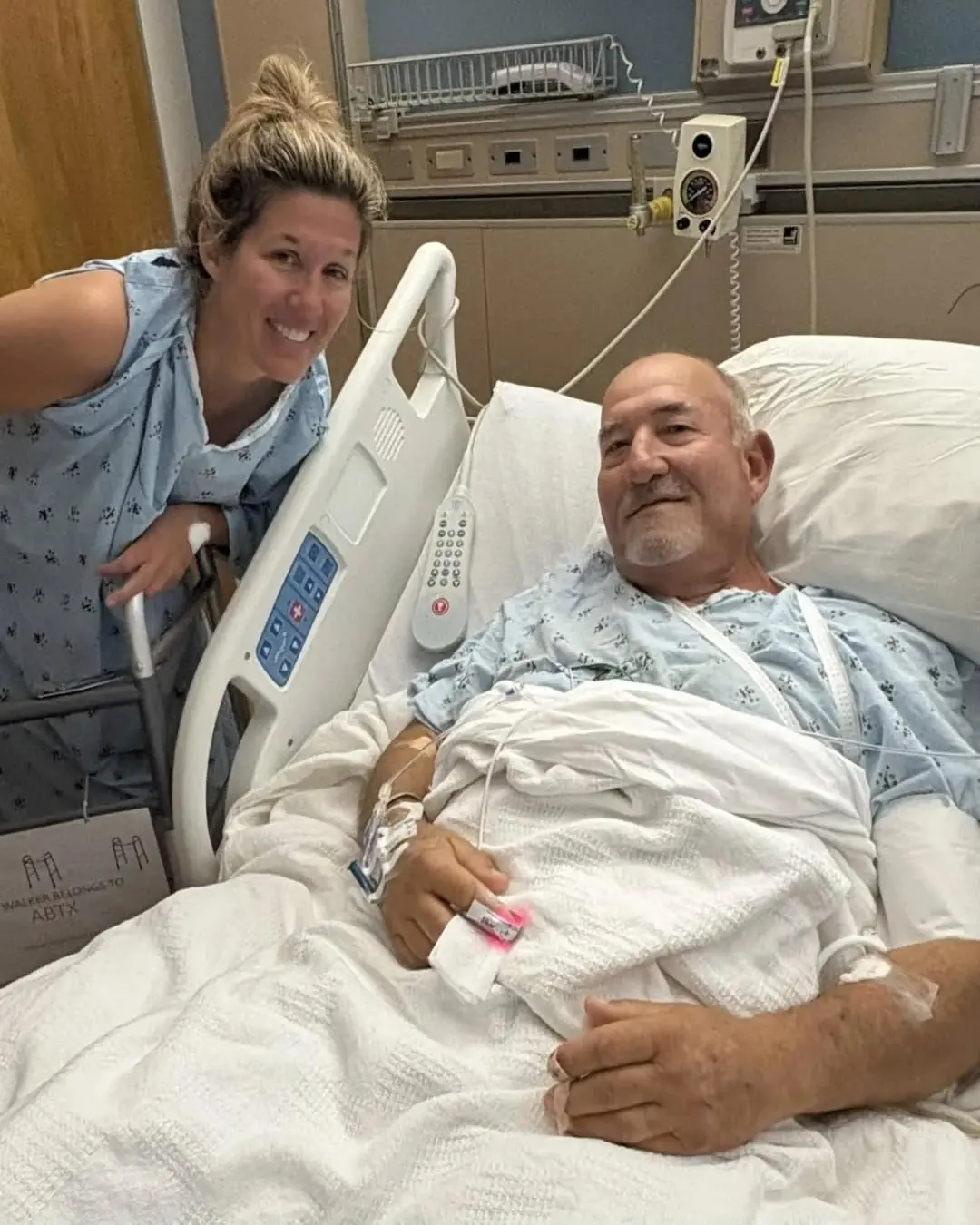
A Father’s Day Gift Like No Other: A Daughter’s Kidney, A Father’s Second Chance

Benefits of Walking: Why Walking is One of the Best Forms of Exercise 🚶♀️

Maliyah’s Fight: A Fifteen-Year-Old Cheerleader Battling Stage 4 Cancer With Courage and Faith

No Cake, No Balloons: A Firefighter’s Quiet Birthday of Purpose and Service

Orangutan Secretly Watches Over Woman During Jungle Survival Challenge

“The Stranger on a Plane: How One Man’s Kindness Gave a Mother the Gift of Rest”

A Little Fighter’s Final Victory: Remembering Bryson’s 1,027-Day Battle

A Match Made in Dog Heaven: A Toddler and Her Puppy Who Share a Special Bond

A Simple Act of Kindness That Changed Everything: The McDonald’s Employee Who Went Above and Beyond

The Mystery of the Milk Bottle Dent

Pick Your Robin

Never leave a charger plugged in when empty: here are the 3 main reasons.

🌱 Taro Unraveled: The Hidden Power of This Ancient Root
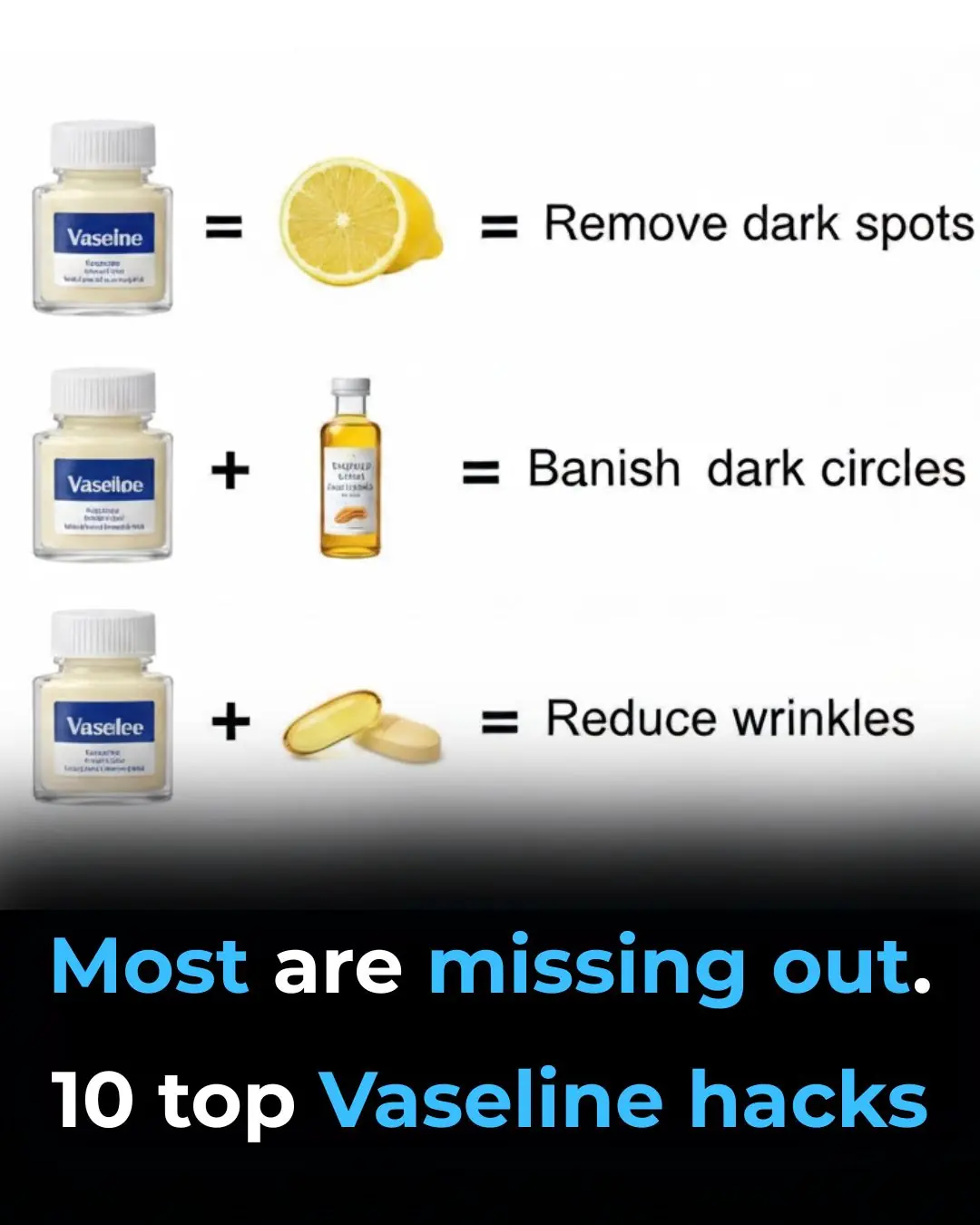
10 Vaseline Hacks You Probably Haven’t Tried Yet
